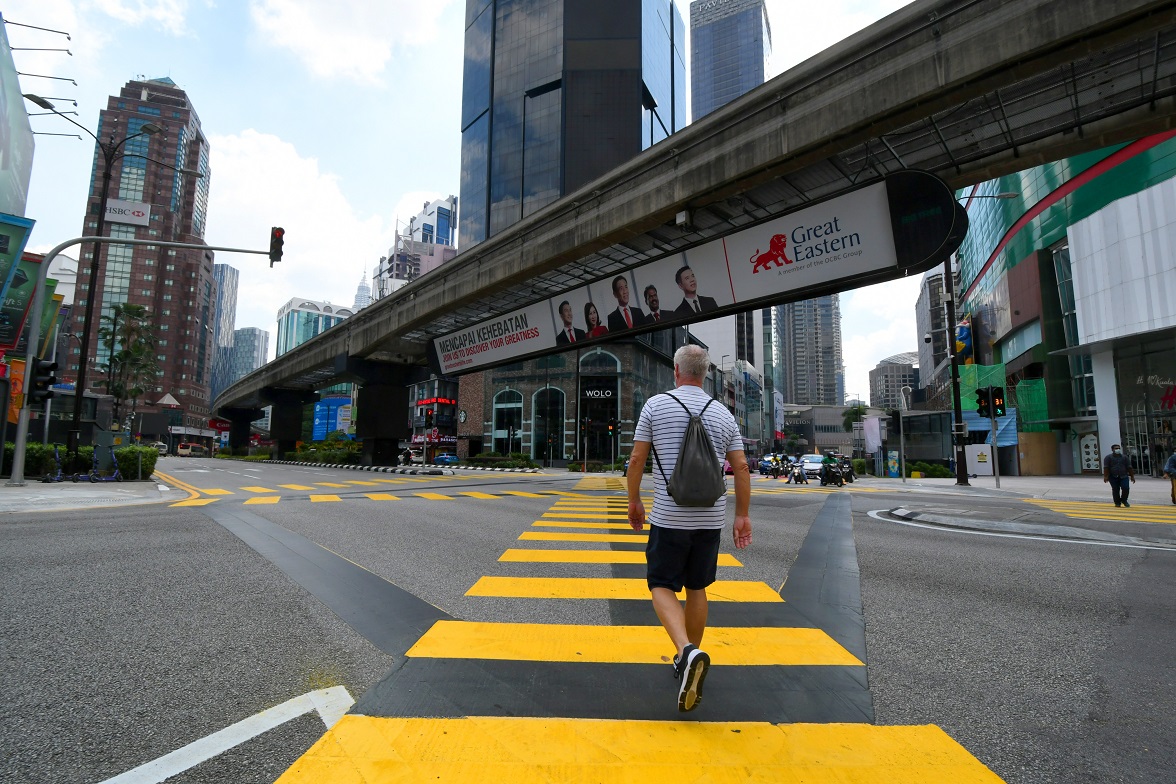Malaysia, Indonesia to explore tourism synergies, as latter seeks collaborations within ASEAN to revive tourism

KUALA LUMPUR (July 27): Malaysia and Indonesia will explore tourism synergies together as the latter moots the restoration of international collaborations within the ASEAN region to revive the sector.
“We look up to Thailand and Malaysia in terms of getting more international arrivals but there are better ways [to do things] if we collaborate. Now, because of Covid-19, we have to look beyond Indonesia — which has a domestic potential of 200 million tourists — to looking to the 600 million population in ASEAN,” Indonesia Minister of Tourism and Creative Economy Sandiaga Salahuddin Uno said at the 'ASEAN Tourism Webinar: Outlook and Pathways to Recovery', which was hosted by the CIMB Asean Research and Advocacy Institute (Cari) and the Asean Business Club (ABC).
CARI chairman and Asean Business Club president Tan Sri Dr Munir Majid pointed out that intra-ASEAN movement presently stood at 40% and that most countries around the world have moved from international tourism to focus on domestic arrivals.
“In the UK, for example, domestic tourism accounts for 62% of its total tourism business, which brings in about nine billion pounds. There’s been a 50% jump [in domestic tourism] from previous numbers. But the problem in ASEAN is that when it comes to establishing mutually acceptable standards among [themselves], they look elsewhere and not to ASEAN,” Munir said.
Collaborations between ASEAN cities to offer international travellers “the ASEAN experience” would be beneficial, Sandiaga said.
“As we are preparing for our ASEAN Summit in October, tourism can be the agent of change like revitalisation of collaboration policies. The data we’re getting from the likes of Airbnb and Traveloka shows that international travellers excluding business travellers prefer longer trips of more than two weeks,” he said.
“ASEAN is very fortunate because we do not have seasonal climate changes, but holds the same all year long. We could do joint promotions and start pilot projects where a few destinations within ASEAN can collaborate as sister cities, as done in the past. This can be paired with direct flights,” Sandiaga added, pointing out that Indonesia has the largest and fastest growing e-commerce and digital economy in the region.
“I am very optimistic and would like to take the lead on this,” Sandiaga said.
Meanwhile, the “sandbox approach” as is being done at Phuket, Thailand, with tightly scrutinised health and safety protocols including health and vaccine declarations, would be the way forward to revive travel, Sandiaga said.
Minor International founder and chairman William Heinecke said that while 75% of Phuket's population is vaccinated, it was unfortunately regarded as part of the rest of Thailand which currently has high infection rates.
“When people return from the sandbox, they shouldn’t be put into another quarantine if they have been vaccinated and tested three times while they’re on the island.
“That’s one of the things that have been gaining global acceptance and I encourage all of the ASEAN countries to look at the sandbox model, which is being used here successfully,” said Heinecke, who is also a member of the ABC.
CARI said it hoped that common testing protocols and health standards will be established and the private sector will come forward to support the public sectors to promote intra-ASEAN tourism.
As the region ramps up its vaccination efforts, it hoped that more sandboxes will be evaluated and tested and that the development of the Asean travel corridor arrangement framework, which is currently underway, will be concluded as soon as possible to facilitate essential business travels among ASEAN.
Get the latest news @ www.EdgeProp.my
Subscribe to our Telegram channel for the latest stories and updates
Never miss out
Sign up to get breaking news, unique insights, event invites and more from EdgeProp.
Latest publications
Malaysia's Most
Loved Property App
The only property app you need. More than 200,000 sale/rent listings and daily property news.
